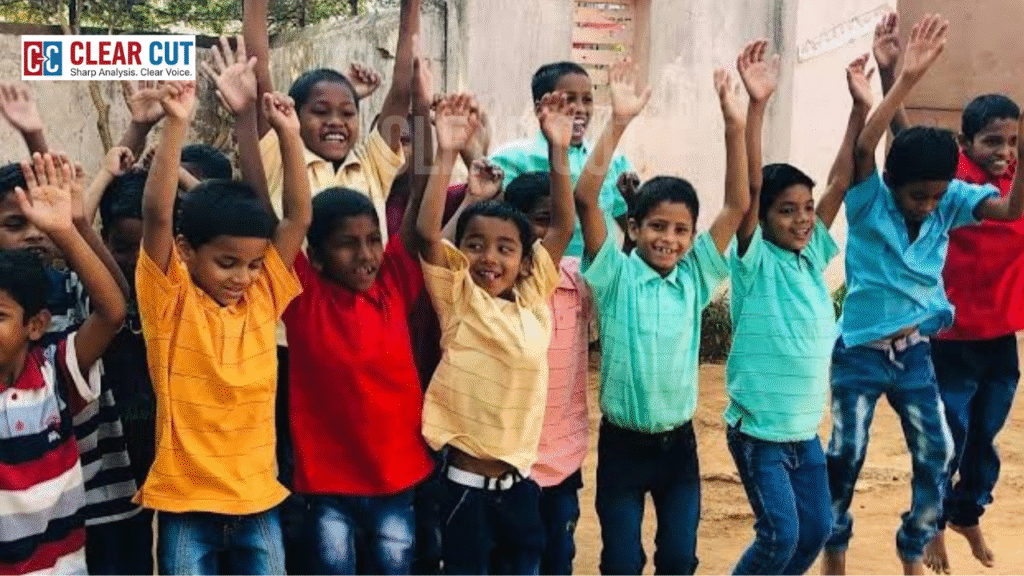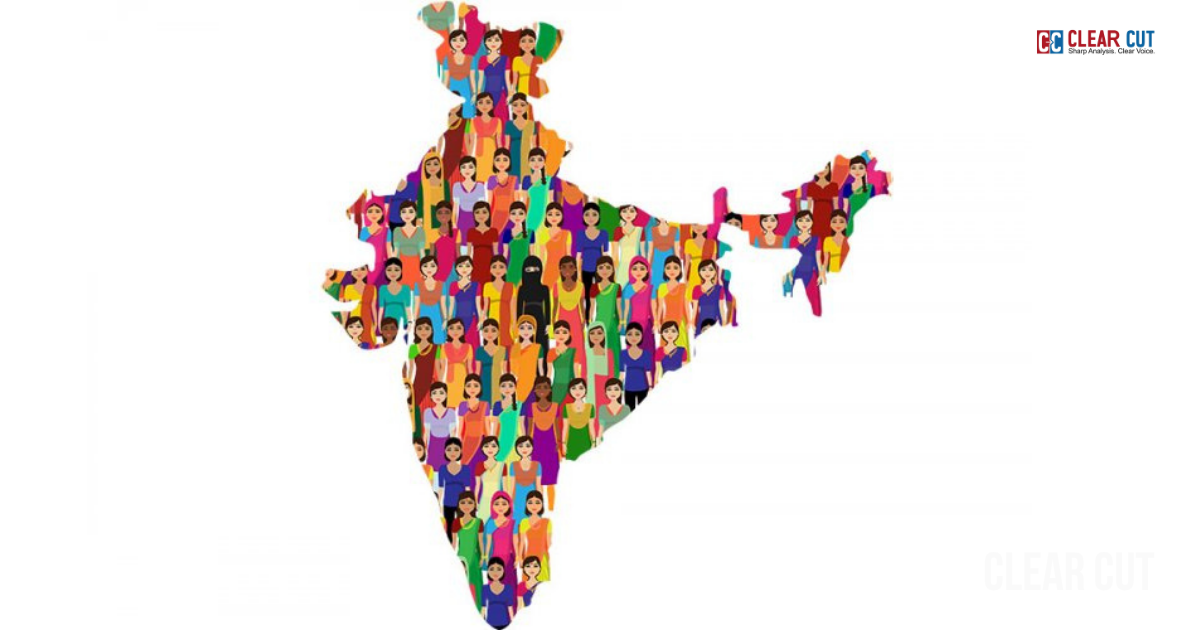Photo Credit: Janmojaya Barik
Clear Cut Gender Desk
New Delhi, UPDATED: Sep 08, 2025 04:40 IST
Written By: Janmojaya Barik
Lucknow, September 8, 2025 – Imagine walking into a classroom where students aren’t just trying to mug up theories from a textbook that hasn’t been updated in years but are preparing to change lives. That vision may not sound very realistic but it did took a concrete step forward as the University of Lucknow (LU) and Chhatrapati Shahu Ji Maharaj University (CSJMU), Kanpur, signed a landmark MoU (Memorandum of Understanding) with the Uttar Pradesh Department of Women and Child Development. Signed at the Judicial Training and Research Institute in Lucknow, the pact is shows us that academic responsibility is not just limited to a campus and this initiative is to act as a bridge between academic knowledge and the real-world struggles of children and women, promising research, training, and hands-on student involvement that could ripple far beyond campus walls. Under this agreement, students from disciplines such as social work, sociology, psychology, and law won’t just study casebooks and try to picturise it in their mind which is already filled up with multiple case laws which chances are will never come handy to them instead they’ll step into Child Care Institutions (CCIs), observing, assisting, and evaluating programs firsthand and collect valuable insights about the functioning of these bodies. Fieldwork, internships, and social audits are designed to give them a lived understanding of child welfare, while faculty and researchers will lead training sessions, awareness campaigns, and workshops focused on crucial legislation like the Juvenile Justice Act and POCSO Act. It’s an approach that turns classrooms into theatres of social impact which theory with practice and ensures that every research project or internship contributes tangibly to the safety, education, and empowerment of children and women.

Photo Credit: idronline.org
The significance of this MoU goes beyond institutional collaboration as it exemplifies how universities which are already centres of excellence can become active agents of social change by aligning their academic expertise with government initiatives to tackle systemic challenges in child and women welfare. By engaging students directly in communities, the pact cultivates empathy, leadership, and accountability, while also strengthening capacity-building in the CCIs themselves. In effect, the program transforms education into a tool for societal empowerment, giving future professionals not just knowledge, but the insight and experience needed to address real-world problems and contribute to sustainable development goals like gender equality and child protection. Reflecting on the significance of the MoU, Prof. Vinay Pathak (Vice-Chancellor of CSJMU) said, “This partnership is poised to bring transformative change in the lives of vulnerable children and stands as an inspiring model of how higher education can connect with society.” Agreeing with his vision, LU spokesperson Durgesh Srivastava added, “This initiative reinforces the University of Lucknow’s vision of integrating academic excellence with community engagement.” These remarks highlight the commitment of both universities to ensure that students’ academic pursuits translate into meaningful social impact.
Despite years of extensive efforts by the government significant challenges remain in the child and women welfare sector in India. Many Child Care Institutions (CCIs) in the country face serious resource constraints, with limited staff training along with gaps in monitoring which can affect the quality of care and education provided according to National Commission for Protection of Child Rights (NCPCR). Women and children in rural and marginalized communities continue to experience inequities in access to education, healthcare, and legal protection despite multiple schemes being operated by the govt as stated by Ministry of Women and Child Development (MWCD). All of this while the awareness of key child protection laws like the Juvenile Justice Act and POCSO Act remains all time low. By bridging academia and field-level implementation the LU–CSJMU MoU offers us a model and an example for addressing persistent gaps in child and women welfare. By student engagement, research-backed interventions, and collaborative training programs with the participating body, the initiative strengthens Child Care Institutions while promoting practical learning and social responsibility among future professionals. This partnership not only empowers children and women but also demonstrates how higher educational institutions can play a facilitating role in society. If properly scaled and promoted initiatives like this have the potential to serve as a blueprint for other universities across India and show that systemic change is possible as when there is a will, there is a way.




